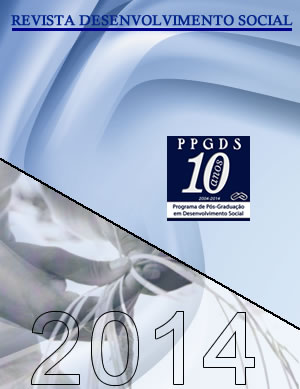DISTRIBUTIVE JUSTICE AND THE THEORY OF RECOGNITION: CONTRIBUTIONS TO SOLVING SOCIAL AND CULTURAL DILEMMAS
Keywords:
justiça social, justiça distributiva, teoria do reconhecimento, direito à educaçãoAbstract
Access to social rights, the guarantee of formal freedom, substantive freedom,
appreciation of diversity, the encouragement of self-esteem, the free experiences of
love, the maintenance of different identities, the construction of the moral foundations
of the good life - among others - are some of the biases which make up the universe of
analytic authors John Rawls and Amartya Sen (Distributive Justice), Nancy Fraser and
Axel Honnet (Theory of Recognition) that somehow have contributed to underpin the
practices of social movements and public institutions . Thus, the purpose of the article is
to present some clippings about the theory of Distributive Justice and the Theory of
Recognition. Search It will also reflect how these theoretical approaches have
contributed to reframe some of the dilemmas that involve access to education for
underprivileged groups such as, for example, access to higher education of blacks.
Downloads
Downloads
Published
How to Cite
Issue
Section
License
Copyright (c) 2014 Revista Desenvolvimento Social

This work is licensed under a Creative Commons Attribution-NonCommercial-NoDerivatives 4.0 International License.
Esta licença permite que outros(as) façam download do trabalho e o compartilhe desde que atribuam crédito ao autor(a), mas sem que possam alterá-lo de nenhuma forma ou utilizá-lo para fins comerciais.












.png)
.png)




.png)









